Winter Vegetable Garden Tasks: Maintaining A Vegetable Garden Over Winter
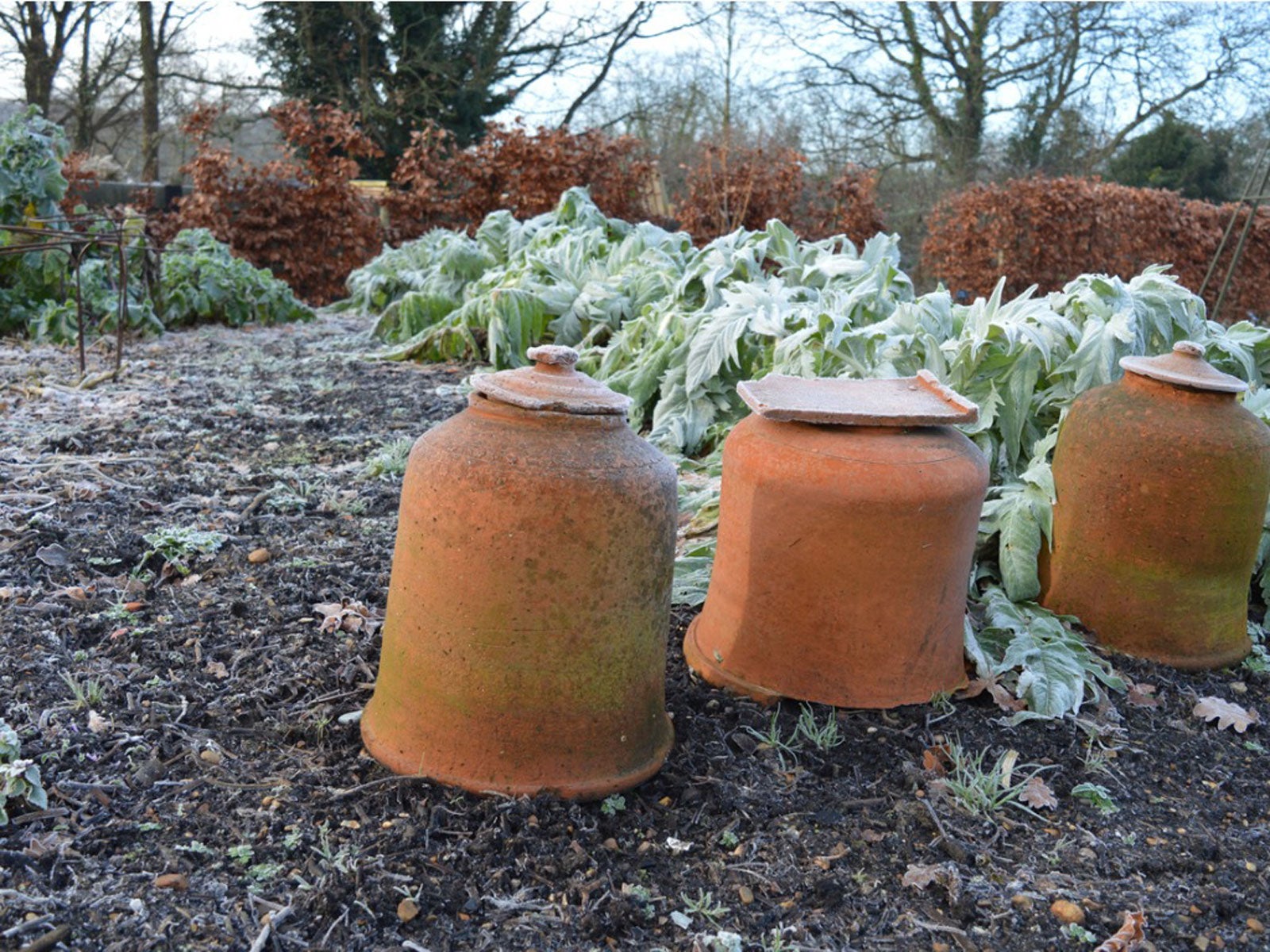
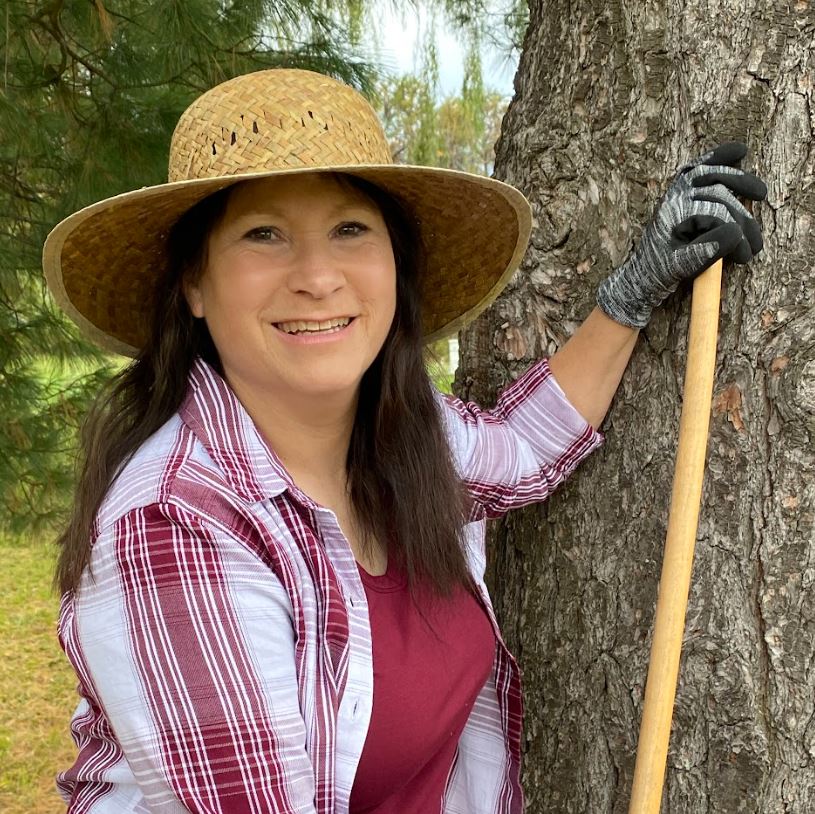
What can be done with a winter vegetable garden? Naturally, this depends upon where you live. In southern climates, gardeners may be able to grow a vegetable garden over winter. Another option (and usually the only one open to gardeners in northern states) is to prepare the garden for next year's growing season by providing winter maintenance for veggie gardens.
Below is a breakdown of vegetable gardening in winter for both northern and southern gardeners.
Southern Vegetable Gardening in Winter
If you are lucky enough to live in an area where hardy plants can survive winter temperatures, growing a winter vegetable garden is one alternative. Hardy vegetables which can be planted in fall for a winter or early spring harvest include the following:
- Bok Choy
- Broccoli
- Brussels sprouts
- Collards
- Kale
- Kohlrabi
- Leeks
- Mustard greens
- Peas
- Radish
- Spinach
- Swiss Chard
- Turnip
Winter Maintenance for Veggie Gardens
If you decide not to vegetable garden over winter or if you live in a northern climate, winter maintenance for veggie gardens helps prepare the garden for the spring planting season. Here's what you can do now as an investment in your garden's future:
- Limit tilling – While it's common for gardeners to till or cultivate the garden soil at the end of the growing season, this practice disturbs the soil fungi. The microscopic threads of the fungal hyphae break down hard-to-digest organic matter and helps bind soil particles together. To preserve this natural system, limit tilling to small areas where you wish to plant early spring crops.
- Apply mulch – Keep winter vegetable garden weeds at bay and prevent erosion by spreading organic material on the garden after clearing off plant residue in the fall. Shredded leaves, grass clippings, straw, and wood chips will begin decomposing during the winter and finish once they are tilled into the garden in spring.
- Plant a cover crop – In lieu of mulch, plant a fall cover crop in your vegetable garden. Over winter, this crop will grow and protect the garden from erosion. Then in spring, till in this “green” manure to enrich the soil. Choose from winter rye, wheatgrass, or go with a legume cover crop of alfalfa or hairy vetch to up the nitrogen content.
- Empty the compost bin – Late fall is the perfect time to empty out the compost bin and spread this black gold on the garden. Like mulch or a cover crop, compost prevents erosion and enriches the soil. This task is best completed before the compost pile freezes for the winter.
Gardening tips, videos, info and more delivered right to your inbox!
Sign up for the Gardening Know How newsletter today and receive a free copy of our e-book "How to Grow Delicious Tomatoes".

Laura Miller has been gardening all her life. Holding a degree in Biology, Nutrition, and Agriculture, Laura's area of expertise is vegetables, herbs, and all things edible. She lives in Ohio.
-
 Get Ready For A Summer Of Hummers! Grow These Full Sun Hummingbird Plants and Flowers
Get Ready For A Summer Of Hummers! Grow These Full Sun Hummingbird Plants and FlowersIf you’re lucky enough to enjoy a sunny backyard, make sure you are maxing out on your pollinator opportunities and grow these full sun hummingbird plants and flowers
By Tonya Barnett
-
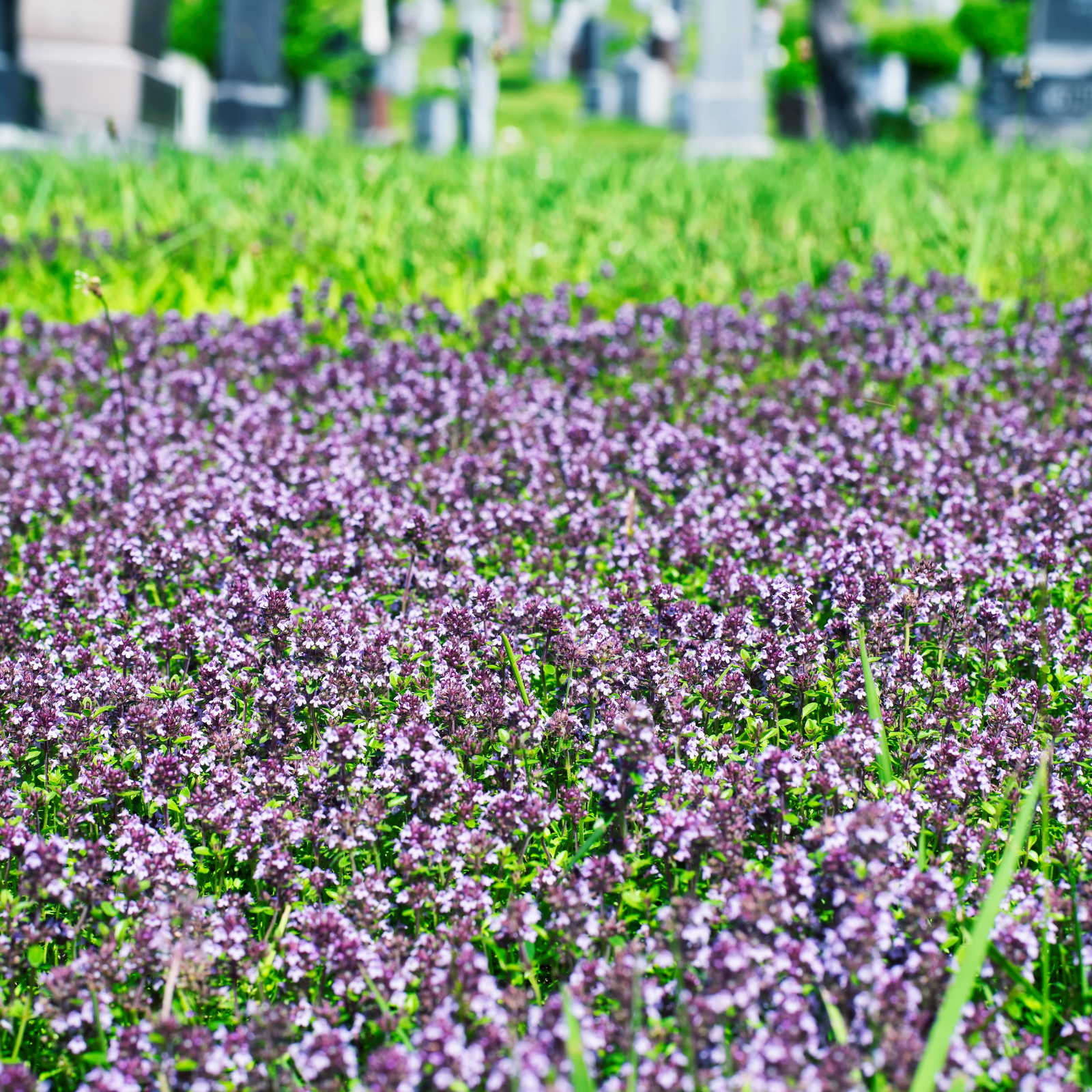 12 Lush Alternatives To A Lawn For Sustainable Spaces
12 Lush Alternatives To A Lawn For Sustainable SpacesAlternatives to a lawn are beautiful and also beneficial to your local ecosystem and its pollinators. Explore our top picks for plants to replace grass.
By Tonya Barnett
-
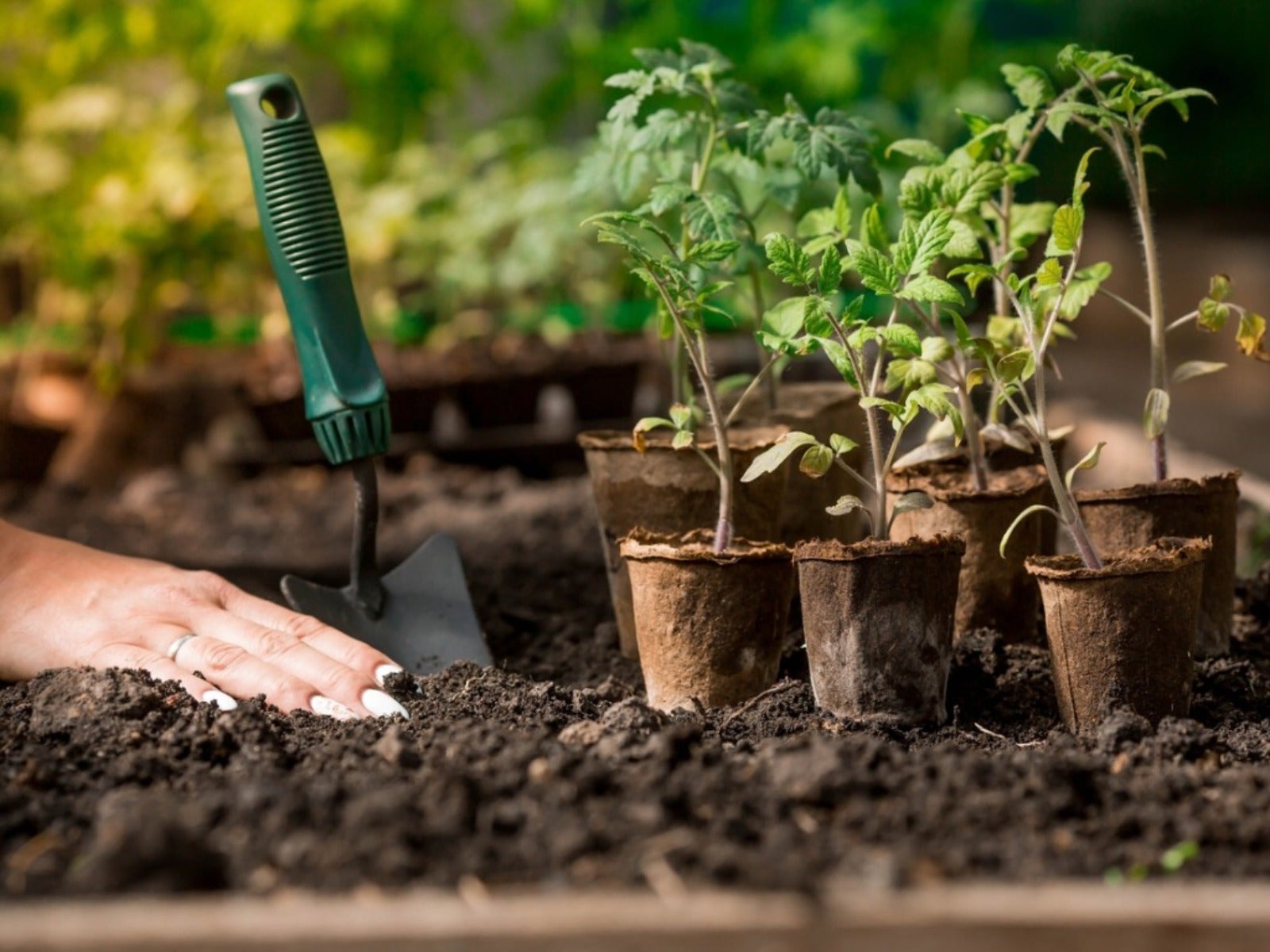 How Many Vegetables To Plant Per Person For A Year
How Many Vegetables To Plant Per Person For A YearGauging how much to plant in a vegetable garden can eliminate waste while still producing enough for your family. Click for more.
By Bonnie L. Grant
-
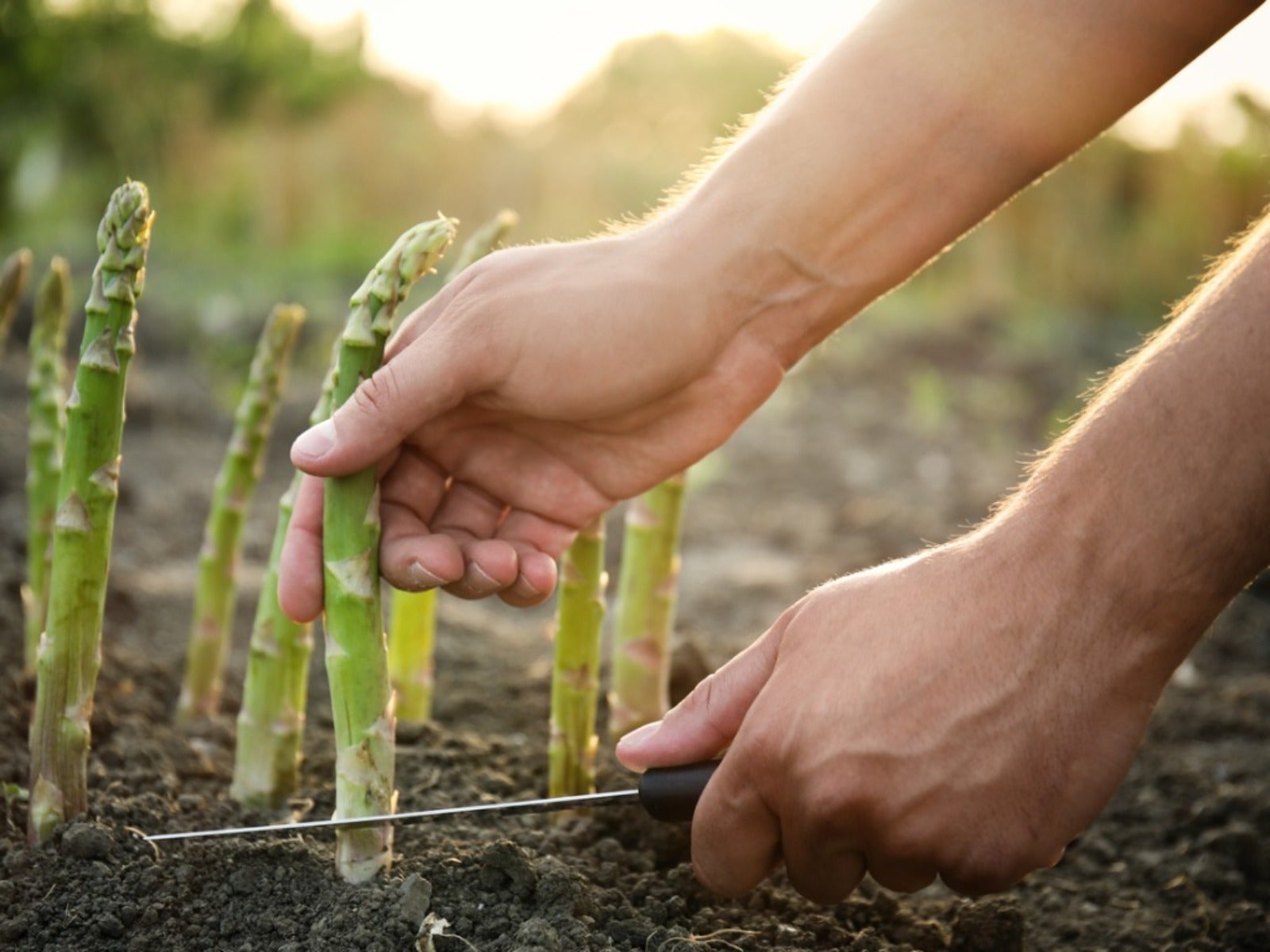 13 Perennial Fruits And Vegetables You Only Have To Plant Once
13 Perennial Fruits And Vegetables You Only Have To Plant OnceLooking to set it and forget it? Find out which fruits and vegetables can be grown as perennials.
By Laura Miller
-
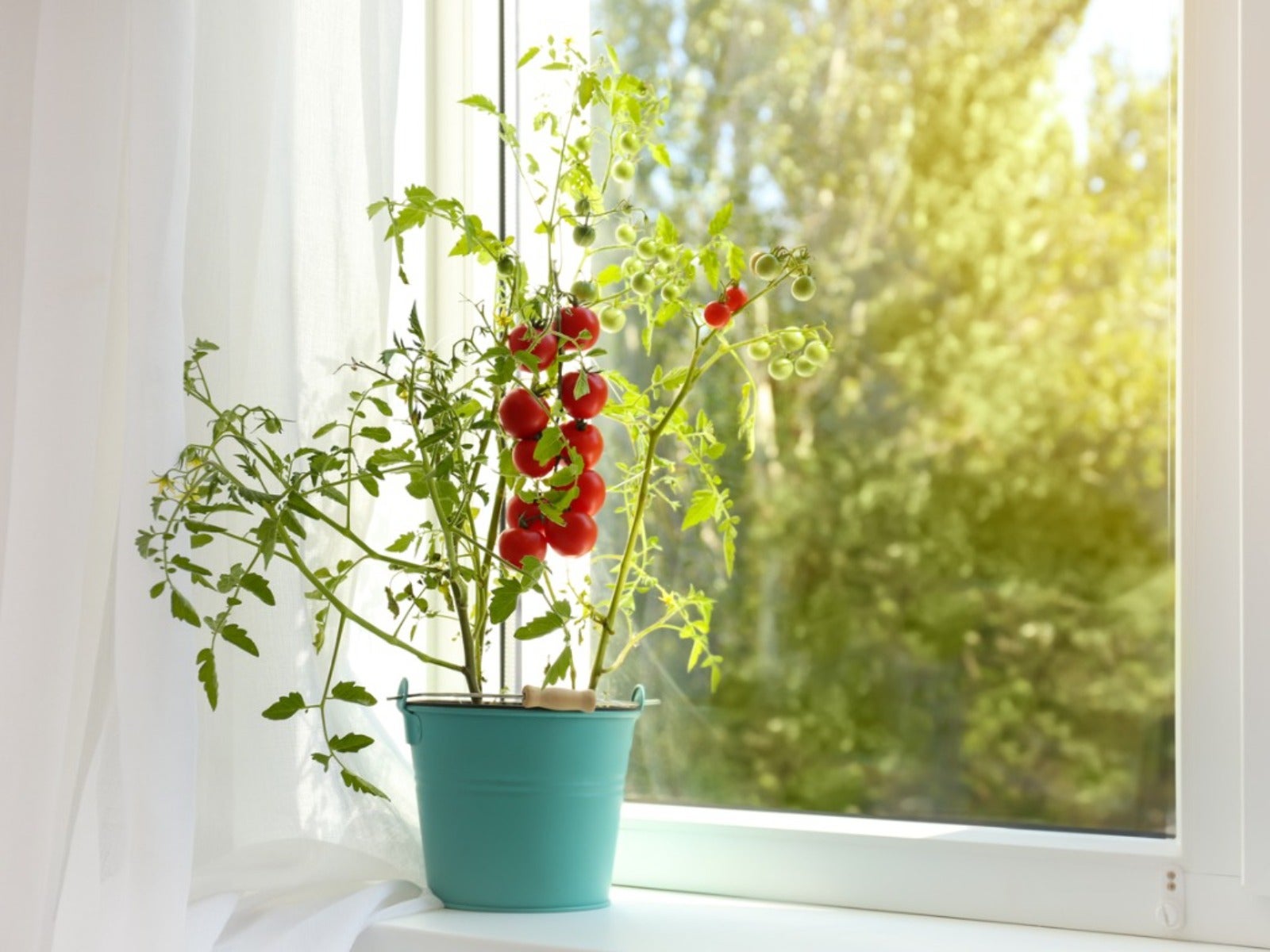 11 Edible Plants For A Year-Round Garden In A Bucket
11 Edible Plants For A Year-Round Garden In A BucketWant to know how to grow food inside your house and which foods do best indoors? Click here to learn all about it.
By Bonnie L. Grant
-
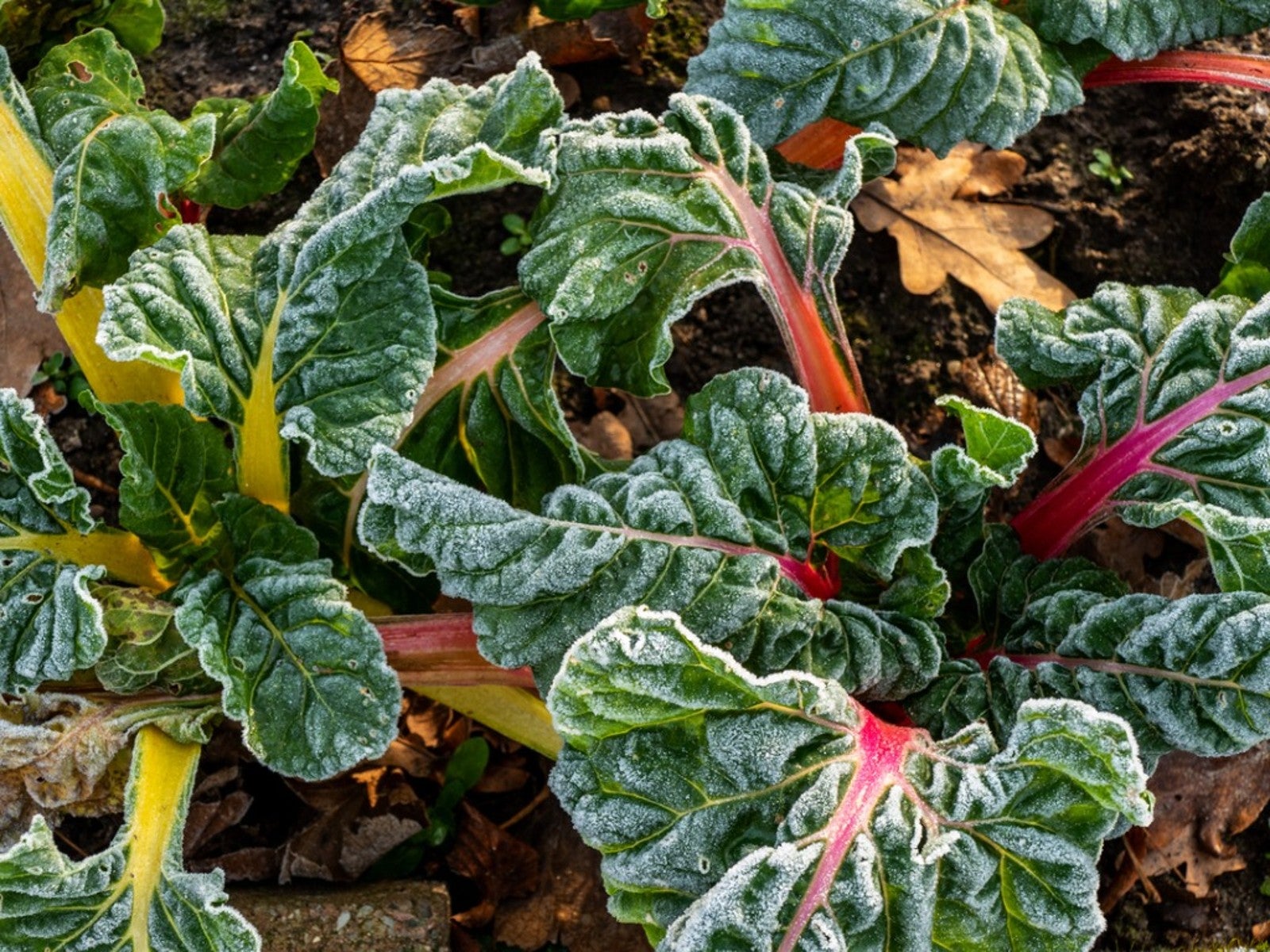 Frost Tolerance Of Vegetables From Least To Most Hardy
Frost Tolerance Of Vegetables From Least To Most HardyHow cold can vegetables tolerate? Knowing which veggies will survive frosts and freezes is essential for the success of your garden. Click here for more.
By Laura Miller
-
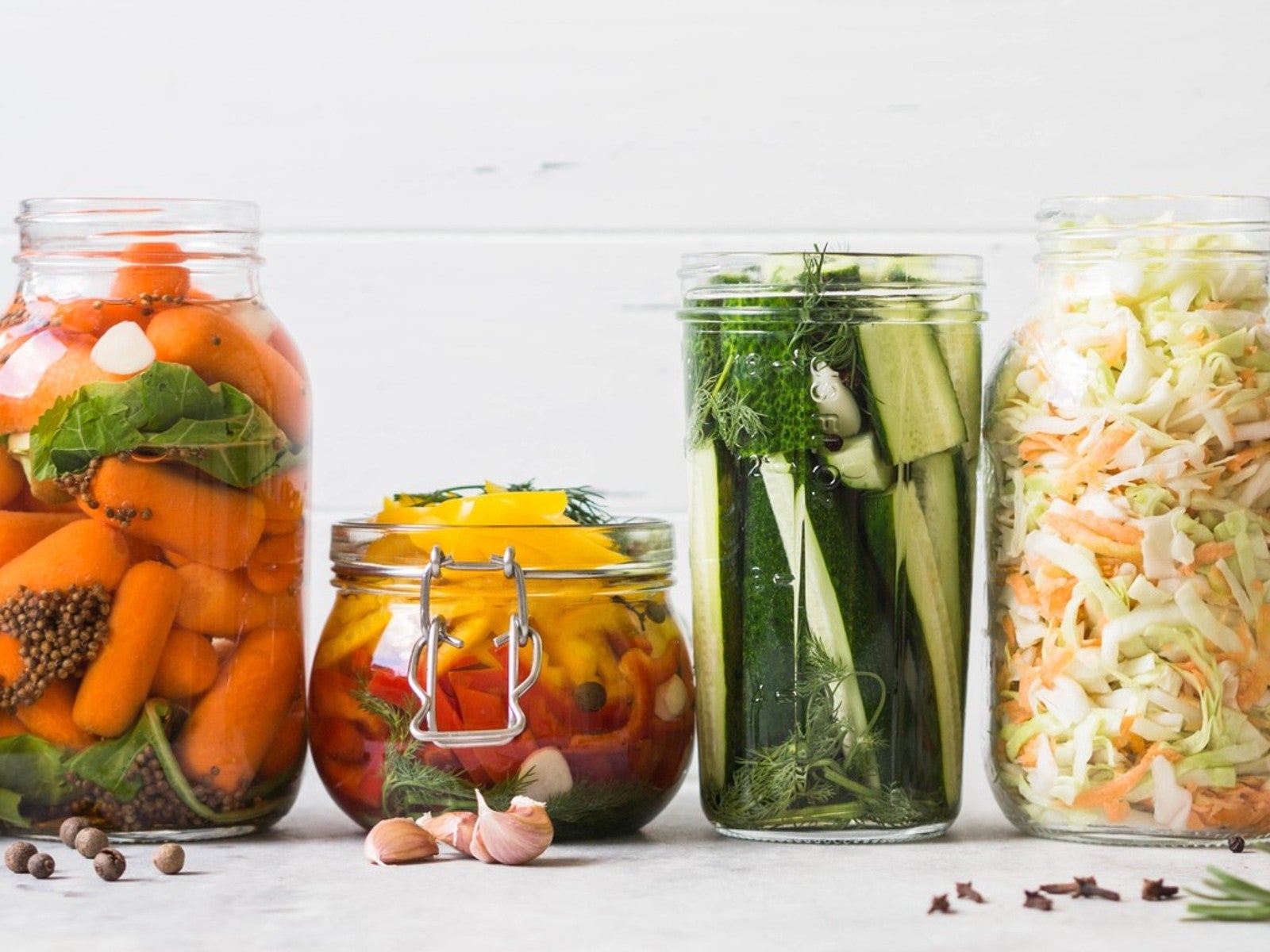 Best Vegetables To Pickle Straight From The Garden
Best Vegetables To Pickle Straight From The GardenPickles aren’t limited to just cucumbers. Read on for tips on pickling your fresh veggies.
By Amy Grant
-
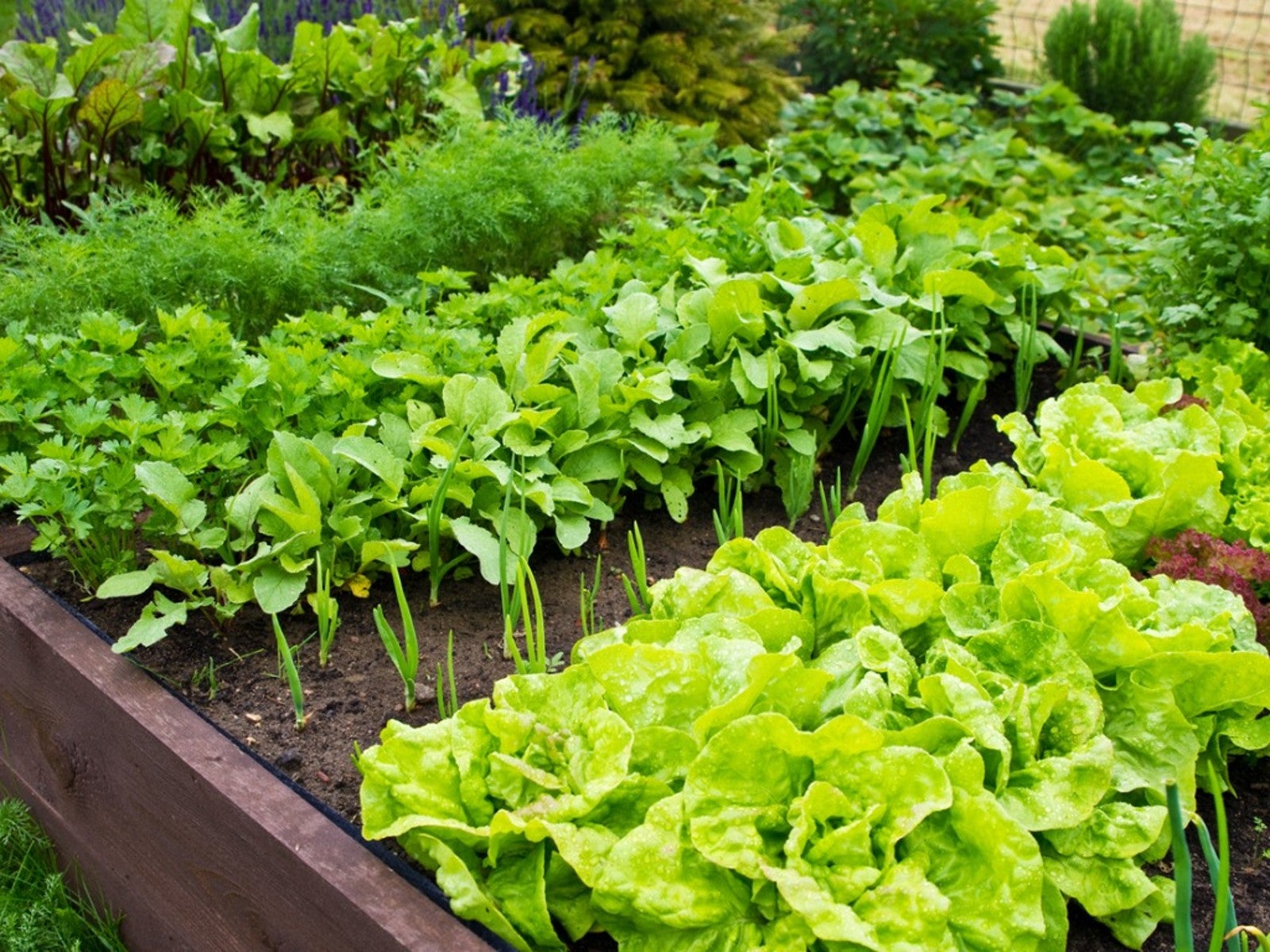 Benefits Of Planting In Fall Vs. Spring Vegetable Plots
Benefits Of Planting In Fall Vs. Spring Vegetable PlotsLearn why some vegetables do better if you plant them in fall instead of spring.
By Laura Miller
-
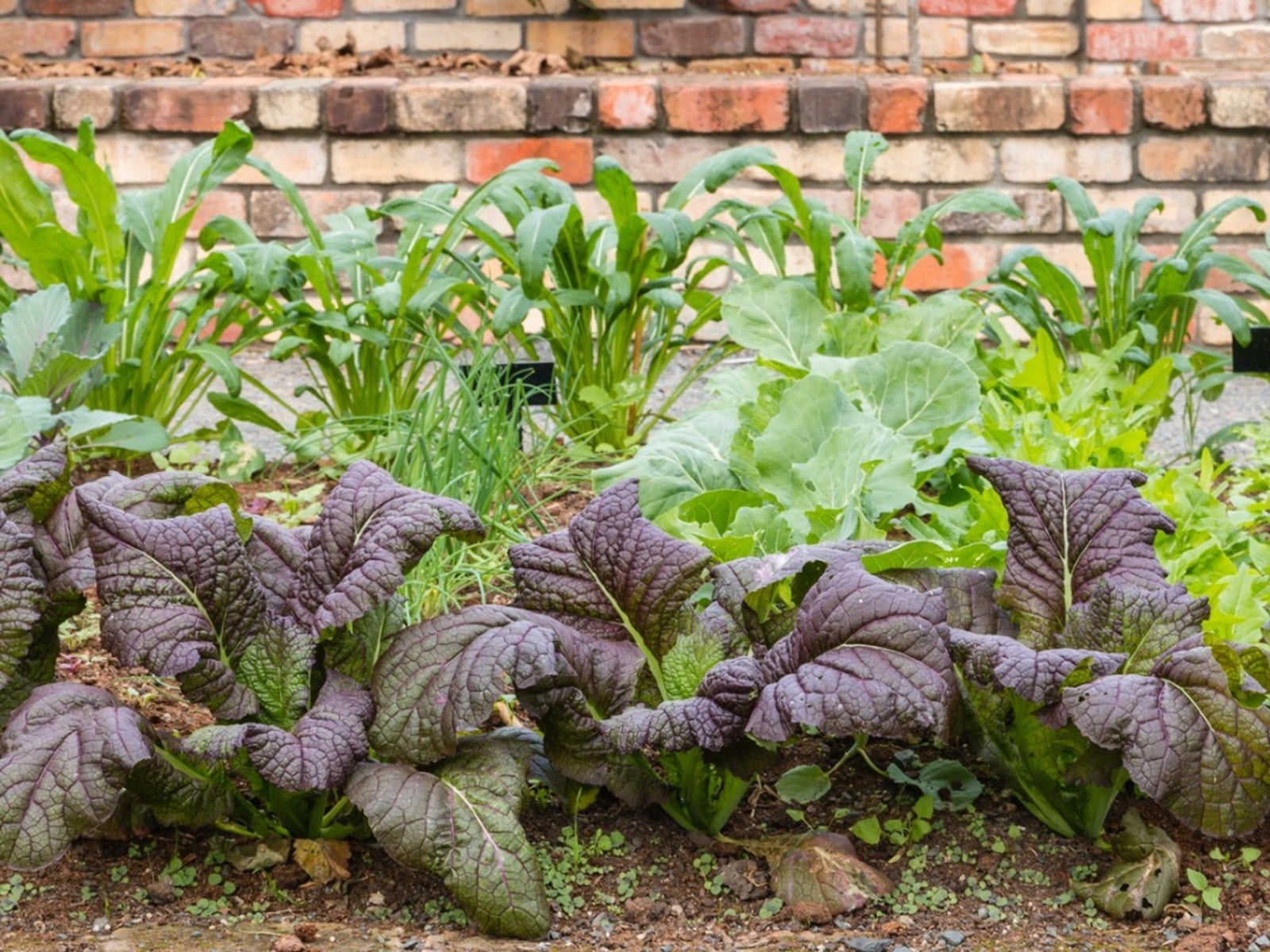 Interplanting Vegetables In The Fall Garden
Interplanting Vegetables In The Fall GardenLearn all about the benefits of interplanting vegetables for your fall garden.
By Laura Miller
-
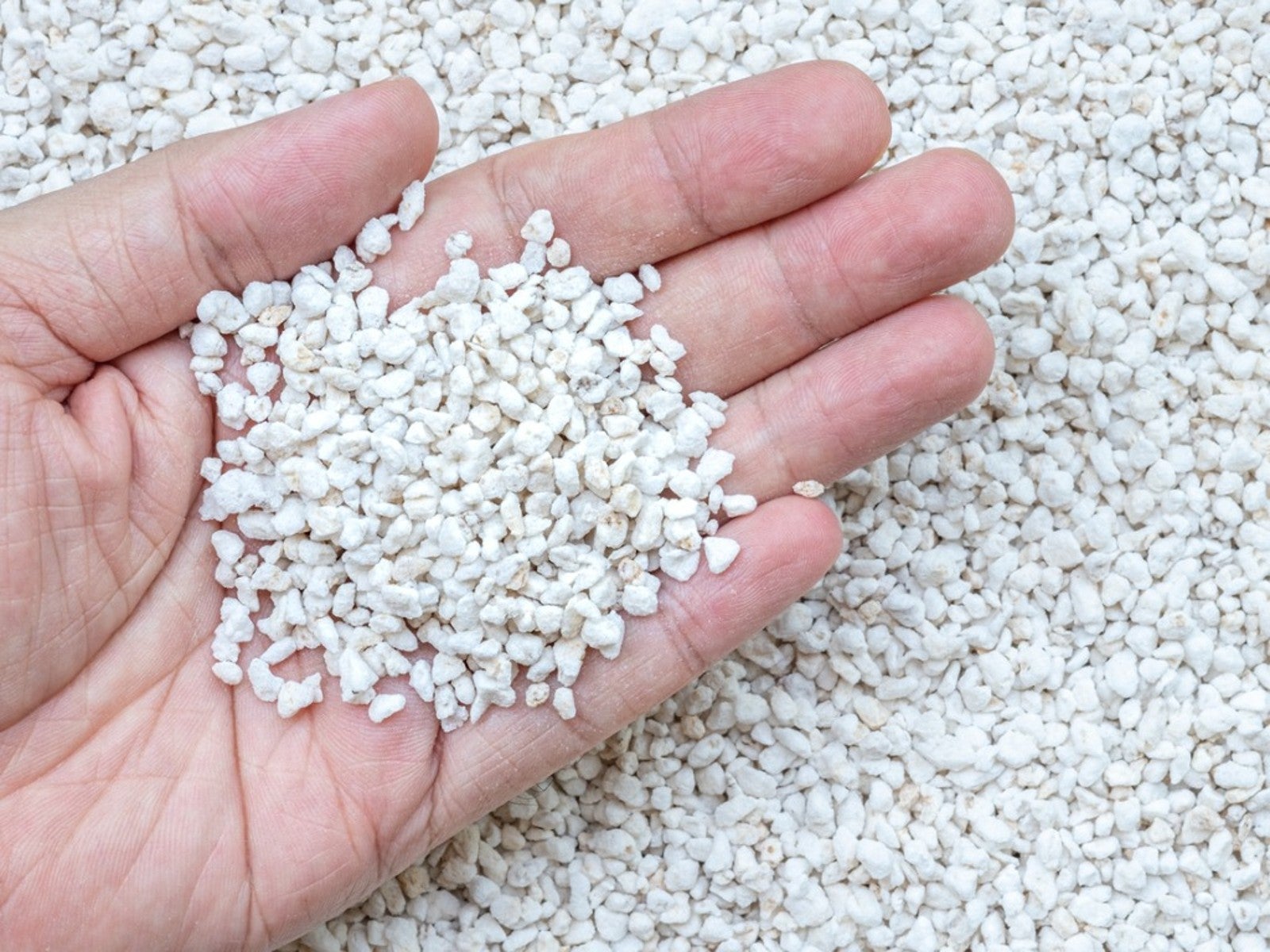 Best Vegetables For Growing In Perlite
Best Vegetables For Growing In PerlitePerlite is a natural growing medium that comes from super-heated volcanic glass. In some cases, it works better than soil. Read on for more info.
By Laura Miller